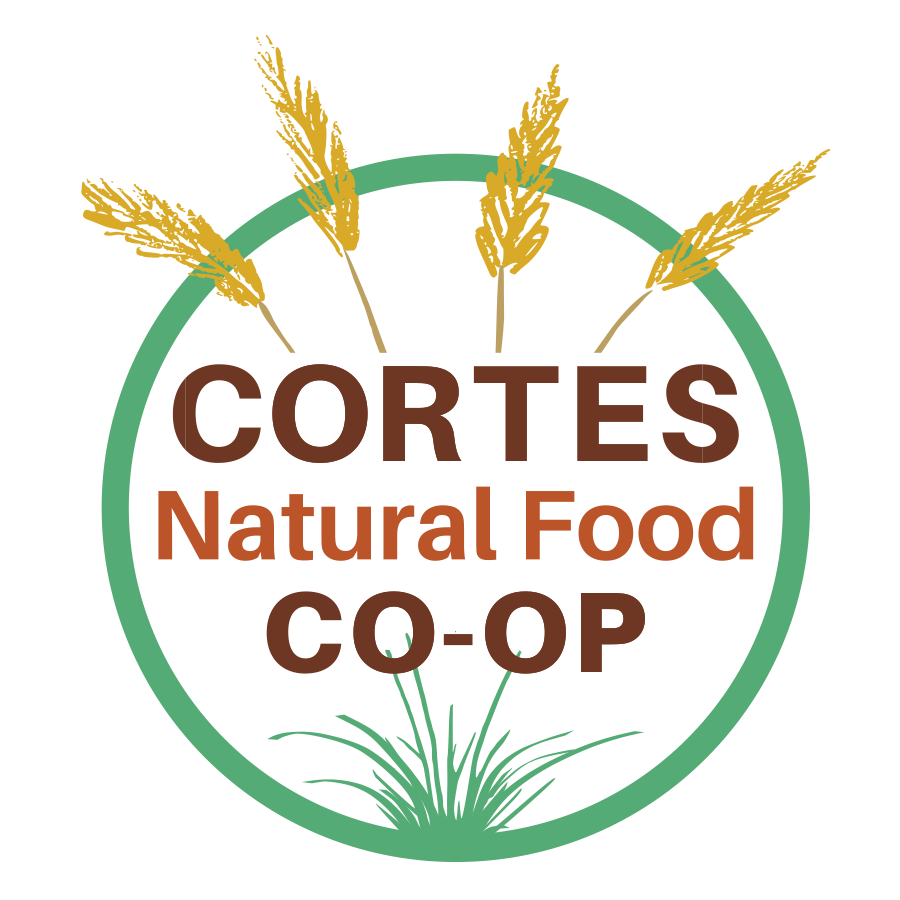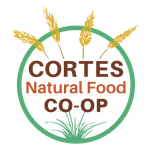
The thing about Apple Lucious which distinguished it from the other woofing orchards was that Harry practices permaculture inspired techniques. Included in his arsenal of cultivation methods is: enriching the soil with locally sourced organic materials such as seaweed, applying tons upon tons of clay layered in with regular compost and the topsoil, watering sparsely, taking care of mason bee hives, and allowing the native species to grow up and around the trees.
Harry’s orchard is not irrigated, even in the summer, as a way of fostering more robust, drought tolerant plants. He would only occasionally water young trees and the old ones which seemed to need it. The comparatively low amount of watering produced smaller apples, but every apple we sampled had an incredible, unique taste.
Yet this counter-intuitive way of watering must go hand-in-hand with mulching, and for him that meant living mulch. Of all the other orchardists on the island, his was the only farm that wasn’t mowed and cleared of the pervasive blackberries, salmon berries, alders and ferns. That year was a year of drought and low apple production for Salt Spring, and most farms experienced the frustrating problem of apples falling off the tree well before reaching an agreeable ripeness. Though the production was lower than previous years for his trees too, his apples were some of the island’s few that hung on till the normal picking time. In his own words on beneficial weeds, “weeds including any of the nitrogen fixing plants such as vetches and clovers are encouraged. I also take great pride in my 7 foot tall thistles. I believe this wild growth is beneficial as it is bringing up nutrients from deep in the earth, it provides lots of organics in the top layer of soil, it provides a large surface area for the morning dew which appears everywhere on summer mornings and it becomes a living mulch to hold in any moisture whether rain or dew.” His laying hens would also hide from predator birds underneath the bushes and vines, and occasionally emerge with a secretly hatched brood of chicks.
In addition to seaweed gathered in pails from the beach, other applications included crushed oyster shell, of which he sourced a half ton from an oyster farm. Spreading them onto the pathways helped to reinforce the otherwise mucky, winter terrain, and also added precious calcium. Another amendment was fish matter: “fish wastes from the local retail fish store are buried in holes this year, ready to have an apple tree planted there over it the following year.” And his theory about the layers of clay in the soil (learned from Steve Solomon’s book, The Intelligent Gardener) proposed that, as well as being a valuable source of micronutrients, the deeper layers help to hold rainwater in reach of the tree’s roots for longer, and the clay mulch cap that he adds to every tree mound further reduces evaporation at the soil’s surface. This water holding quality is of course due to the increased surface area around the tiny size of clay and silt particles.
It was my first time taking care of mason bee hives, and hearing about the honeybees state of advancing peril, it makes more sense than ever to learn a gardening practice that supports them and other pollinators. With these last and other messengers of impending environmental shift, Cortesians may opt to take a page out of a Salt Spring farmer’s book and invest in more resilient ways of supporting our local food base.

